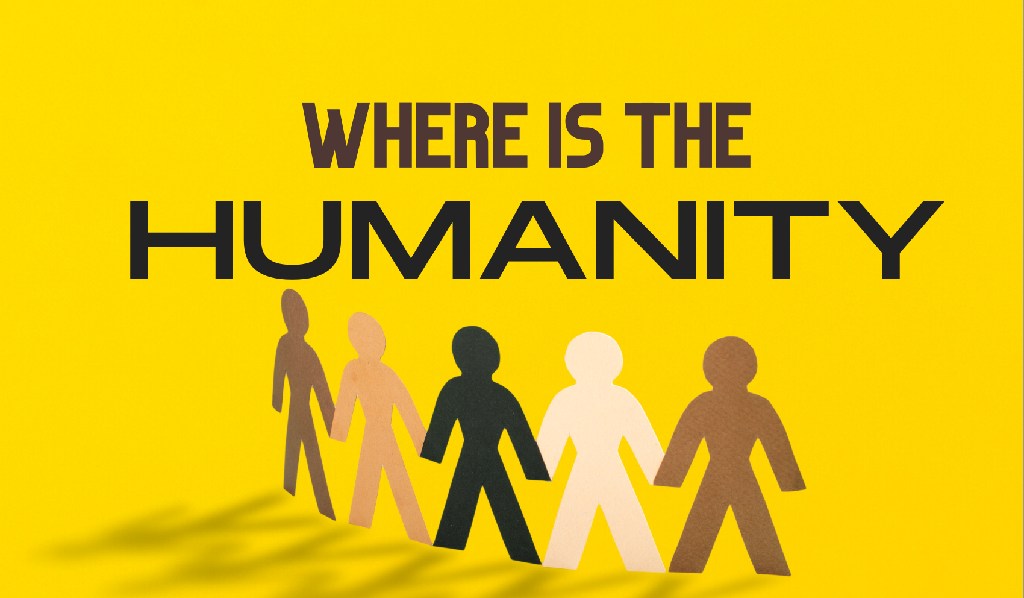- Posted on
- Dorcas Uche
- 3
Religion can be a focal piece of one’s personality. Belonging to a religion entails more than sharing its convictions and partaking in its ceremonies; it likewise implies being an essential part of that community and in some situations, a lifestyle. Within each religious tradition, there is an enormous diversity in how people describe their association with it, although many commonalities such as the incorporation of ceremonies, sacred texts, holy days, worship places, and guidelines on how people ought to act towards each other, exist. Other than practicing religion, there have been growing concerns about the influence of religious extremists in the society.
 Religious belief is a fine guide around which a person might organize his own life, but an awful instrument around which to organize someone else’s life.
Religious belief is a fine guide around which a person might organize his own life, but an awful instrument around which to organize someone else’s life.
Richard D. Mohr
Religious extremism is a widespread problem that provokes concern and conflict in many countries. It’s undeniably true that religion has been mishandled in numerous ways to suit the interests of certain groups who see themselves as guardians and advocates of religious values and beliefs. This article seeks to draw the line between moderate religion and religious extremists, discuss the influence of religious extremists on the society and attempt to find a long-term solution to the problems associated with religious extremism.
Although religious extremism is now a very controversial issue, extremists are understood as overbearing, intolerant, and inclined towards violence, while ‘moderate’ are viewed as liberal, lenient, and peaceful. Religious extremists are prepared to kill because they believe in philosophies that allow for violence in the service of God. They have no compassion for their casualties because they see them as God’s adversaries. They willingly give their lives because they expect massive and instantaneous everlasting rewards in exchange for “martyrdom”. Religious extremists have an antagonistic perspective on other faiths. Alternatively, more moderate people will generally be open to coordinated efforts in resolving conflict.
This has raised a lot of security concerns in the society as some people have encountered persecution and segregation due to their religious beliefs. Most individuals have resorted to migrating or “fleeing” to other areas, the ones who chose to stay live in fear and may not openly practice their religion. Several cases have also been recorded of extremists inflicting fear and pain, causing unrest and damages, and sometimes death on their victims. No major development is perceived or seen in a place of chaos.
From the political dimension, religious extremists can create unfavorable decisions for the other groups. When the former takes on power, the others may likely suffer. For instance, because a particular religion forbids alcohol, some extremists would like to force the government to ban the trade in alcohol without considering that other groups of people have different values permitting alcohol consumption, thus affecting the social and economic growth of the area.
Religious extremism cannot be completely cured but can be curbed to an extent if some practices are imbibed. Religious leaders should become more technologically educated and more proficient with new advances including social media, to create healthy values both physical and digital. Also, successful examples of interfaith collaboration need to be better publicized. This is because in our chaotic and broken world, signals and symbols of collective action across religious barriers are more important than ever.
Policymakers can also concentrate their efforts on tackling religious contexts that may be utilized as a trigger for violence by recognizing how extremism expresses itself across multiple extents and how these attributes envisage backing for violence.
While everything boils down to tolerance for each other, the family has a crucial role to play in ensuring that “Tolerance and neighborly kindness” are instilled in the children. Today, more than ever, the purposeful dissemination of values such as empathy, tolerance, compassion, and kindness is required. Furthermore, the practice of peaceful conflict resolution should be encouraged, beginning from the home and extending to the society.
At Acquire Centre, we believe that with the right mental attitude and the awareness of the essence of humanity, extremism will be at its barest minimum. That is why we provide trainings on Family Life and Marriage Dynamics which encompasses child discipline, character development, and conflict resolution.
[/vc_column_text][/vc_column][/vc_row]


